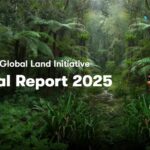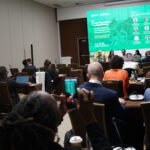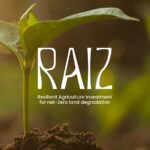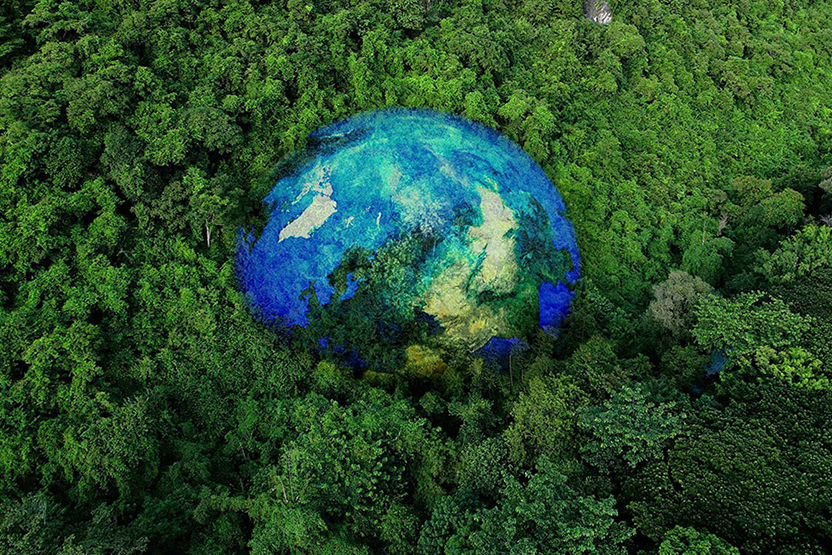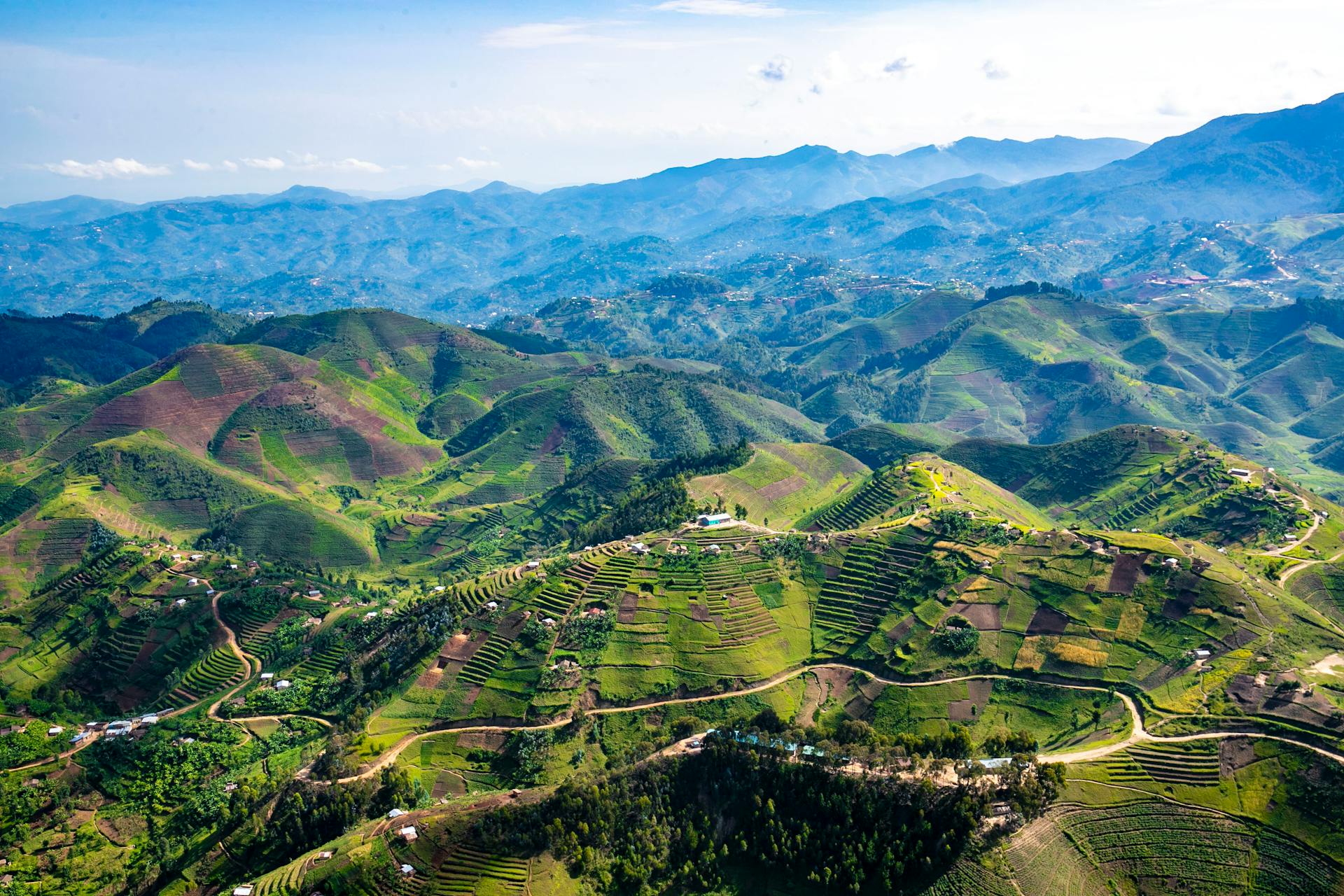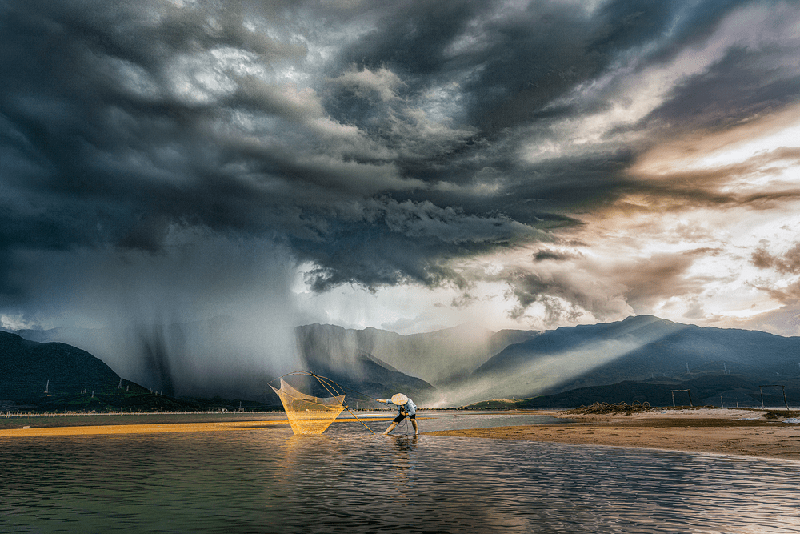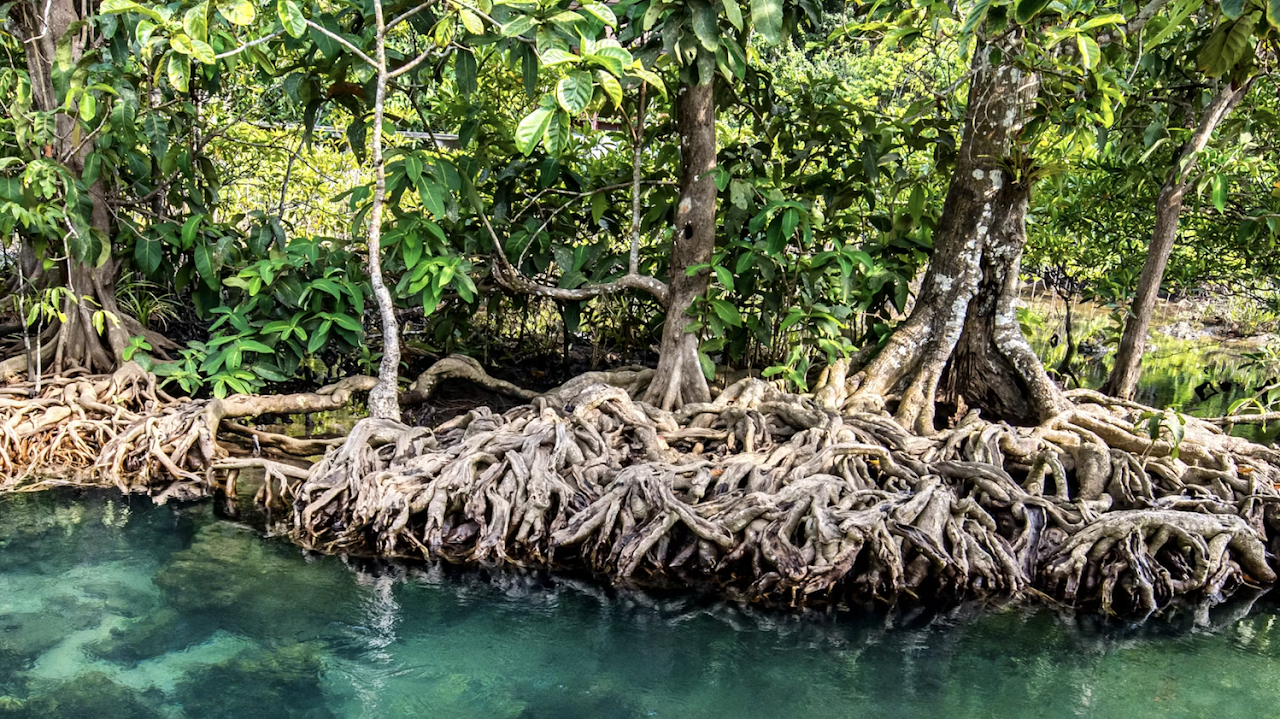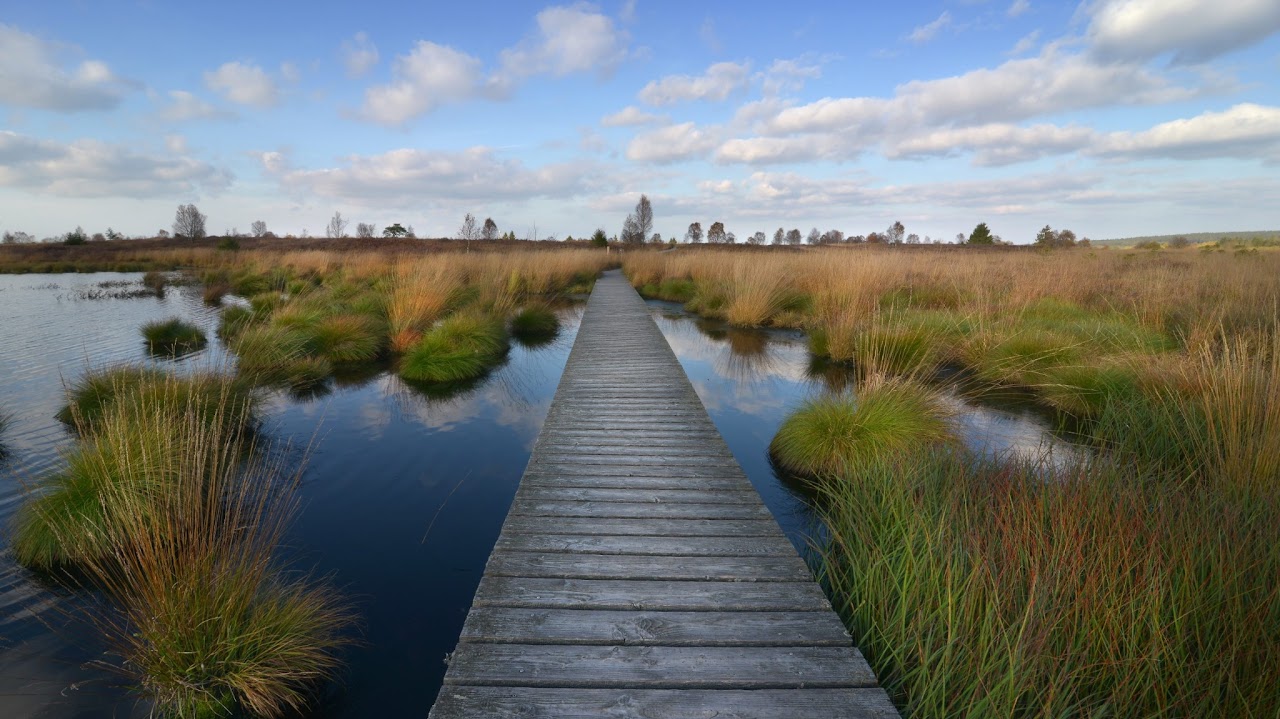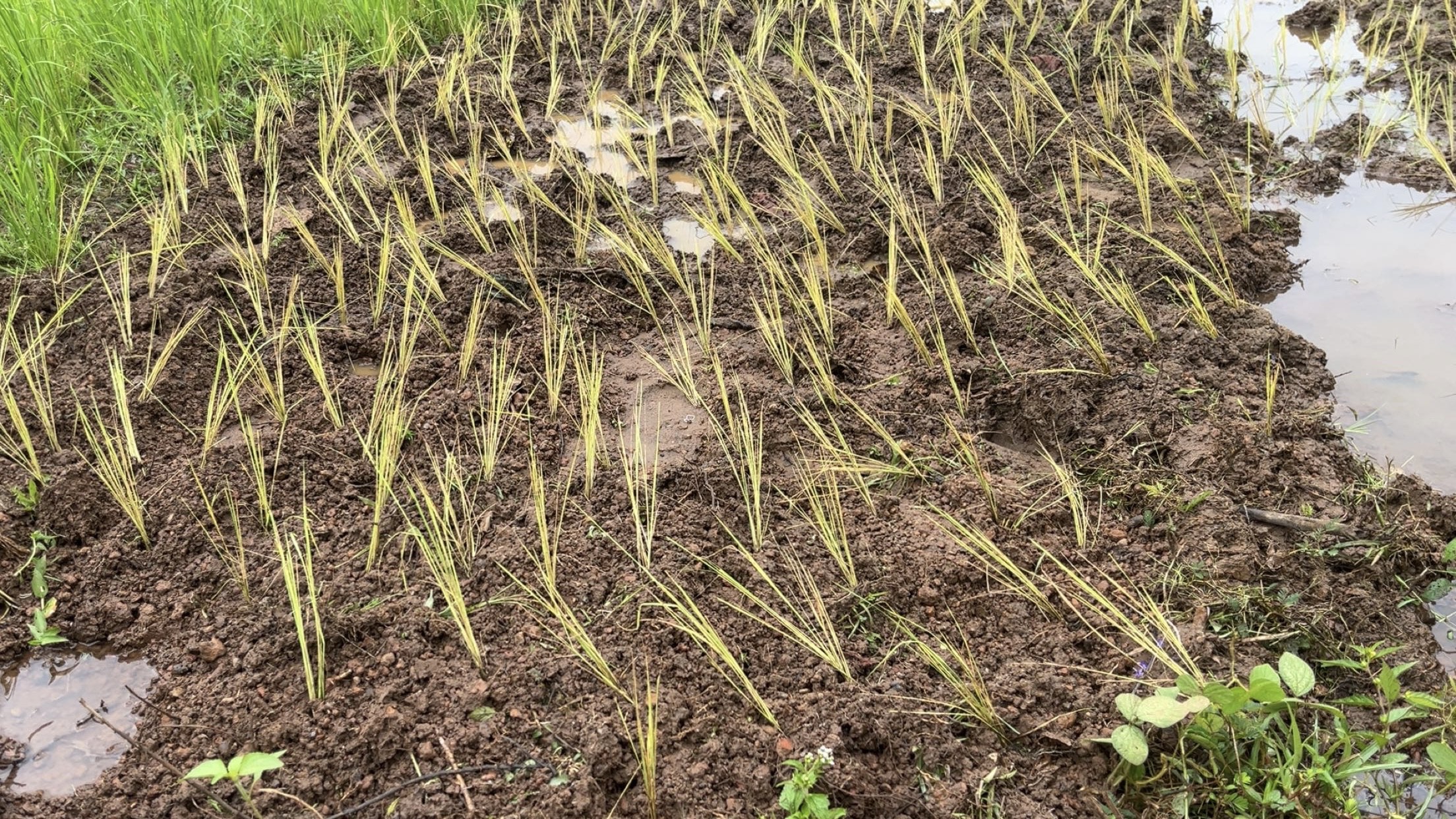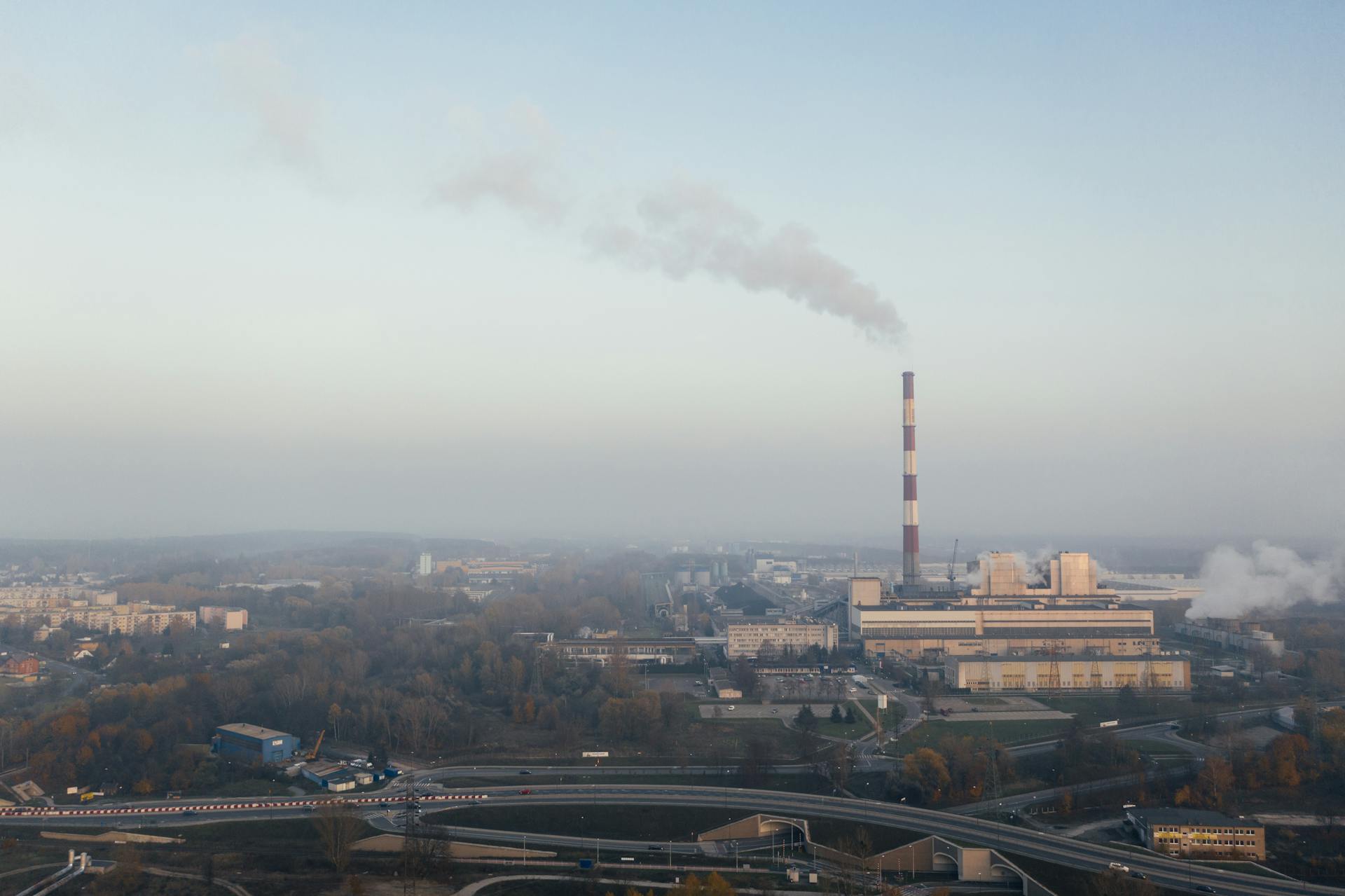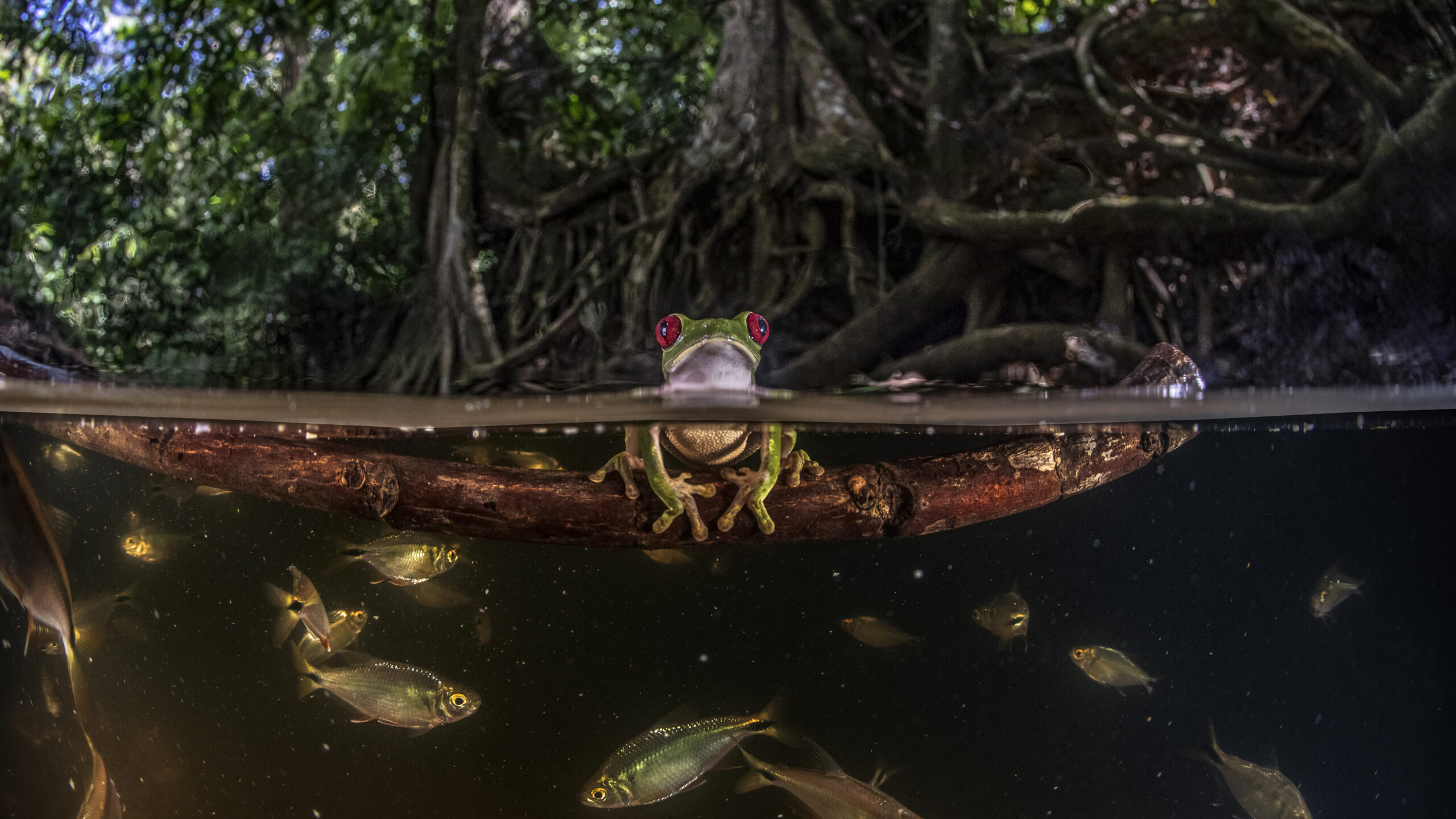Restoration Pavilion continues to inspire action and innovation on day 4 of COP16
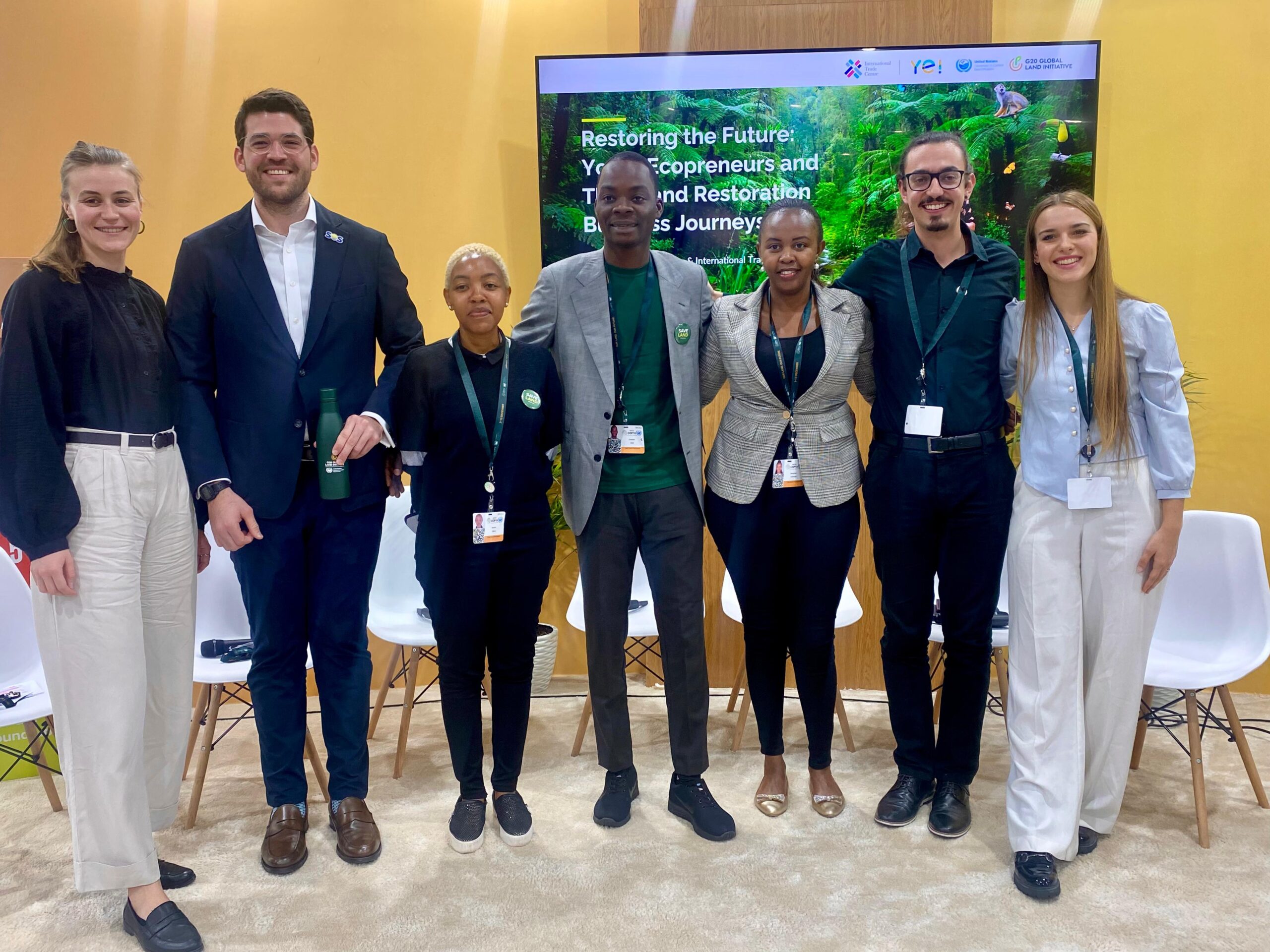
Young ecopreneurs share stories of innovation of green economy at the Restoration Pavilion during UNCCD COP16, on 5 December 2024, in Riyadh, Saudi Arabia.
Photo credit: UNCCD/G20 Global Land Initiative
The Restoration Pavilion at COP16, organized by UNCCD G20 Global Land Initiative (GLI), has entered its fourth day with a surge of enthusiasm, hosting a dynamic set of events that brought together innovators, policymakers, and community leaders to discuss transformative solutions for land restoration. Each session emphasized the critical role of restoration in addressing climate change, supporting livelihoods, and fostering sustainable development.
Across all sessions, several common themes emerged:
- the power of youth innovation,
- the role of women and local communities, and
- the importance of technology in scaling up restoration efforts.
Participants were inspired by stories of resilience, creativity, and partnership, which reinforced the idea that restoration is not only essential for environmental recovery but also a catalyst for economic growth and social equity.
The day began with Restoring the Future: Youth Ecopreneurs and Their Land Restoration Business Journeys, a conversation featuring young entrepreneurs whose innovative ventures are proving that restoration can be both environmentally impactful and financially rewarding. From AI-powered tools for sustainable farming to seaweed-based organic fertilizers, the panelists demonstrated how youth-led initiatives are driving a new wave of green entrepreneurship. Their stories underscored that restoring land is not just a necessity but a thriving business opportunity.
This momentum continued with Building Resilience Through Restoration: Partnering for Climate Adaptation, a session exploring how restoration can enhance climate resilience. Presenters highlighted real-world examples of communities adapting to changing climates by restoring degraded land. Discussions focused on scaling up successful initiatives and integrating community knowledge with cutting-edge technology. Participants were challenged to think about how resilience can be built into every stage of restoration efforts to ensure long-lasting impact.
The third session, Fostering Resilient Agrifood Systems in the Great Green Wall, spotlighted ongoing efforts to combat desertification across Africa’s Sahel region. Experts shared insights on agroforestry, sustainable land management, and the importance of community-led approaches. The Great Green Wall initiative emerged as a symbol of hope and a blueprint for large-scale restoration projects that benefit both people and the planet.
In Gaining Perspectives on Landscapes: An Interactive Session Using 3D Modelling, participants engaged in a collaborative, hour-long workshop where they designed imagined ecosystems and explored restoration solutions. Using the 4 Returns Framework (inspiration, social, natural, and financial), small groups sculpted models to reflect landscape challenges and opportunities for recovery. Guided by facilitators, attendees reimagined degraded landscapes, discussing practical strategies for achieving holistic restoration. This immersive session encouraged innovative thinking and fostered a shared vision for sustainable land management.
Sustainable Initiatives in Conservation and Innovation featured creative strategies for balancing conservation and economic development. Case studies from around the world showcased innovative practices that prioritize biodiversity while generating economic returns, offering attendees a glimpse into the potential of the restoration economy.
Nature and Humanity: Insights from Land Restoration in Brazil provided an in-depth look at community-driven restoration efforts in the country. Attendees heard compelling stories of social impact, where restoring land also meant restoring livelihoods and fostering social cohesion. The session underscored the importance of aligning environmental goals with community needs to achieve sustainable success.
The day concluded with The Restoration Economy’s Influence on Various Ecological Landscapes: Success Stories and Lessons Learned, a session that celebrated achievements in restoration and examined what it takes to replicate these successes globally. Speakers reflected on key lessons, emphasizing collaboration, innovation, and the power of local leadership in driving impactful change.
As COP16 progresses, the Restoration Pavilion remains a vital hub for dialogue and collaboration. Its activities, which will run until 12 December 2024, are set to continue sparking new ideas and partnerships in the global effort to restore ecosystems. This ongoing commitment to innovation and action reflects GLI’s dedication to fostering a more resilient and sustainable future for all.
Follow, Restoration Pavilion’s journey at COP16.
